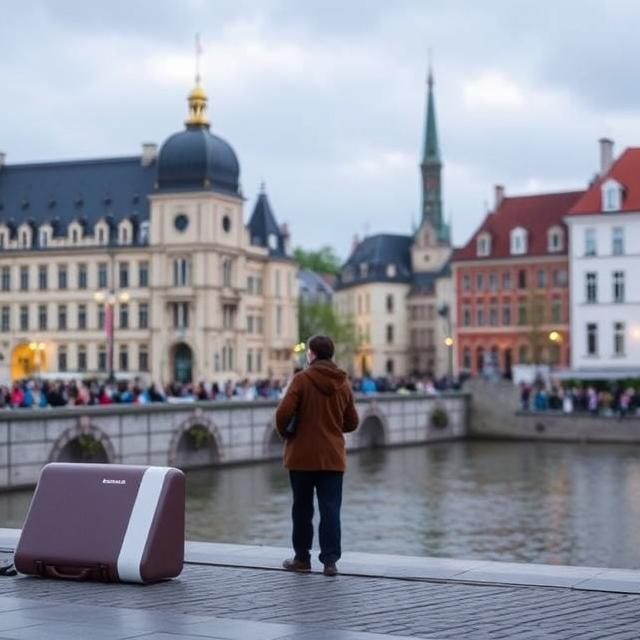Travel insurance is essential for safeguarding your trip against unexpected events. However, many travelers make mistakes when purchasing a policy, which can lead to inadequate coverage or denied claims. Here are some common mistakes to avoid when buying travel insurance.
1. Waiting Until the Last Minute
One of the biggest mistakes travelers make is delaying the purchase of travel insurance. Buying it too late means:
- You won’t be covered for pre-trip issues like cancellations due to illness or unforeseen events.
- Some policies require a waiting period before they become active.
- You might miss out on options like “Cancel for Any Reason” (CFAR), which often must be purchased within a specific time frame after booking.
2. Not Checking Policy Exclusions
Every travel insurance plan has exclusions, and failing to read them can lead to denied claims. Common exclusions include:
- Pre-existing medical conditions (unless declared and covered by the insurer).
- High-risk activities like extreme sports unless you get additional coverage.
- Travel to high-risk destinations with government-issued travel advisories.
3. Choosing the Cheapest Plan Without Checking Coverage
Opting for the cheapest plan might save money upfront but could lead to higher expenses later if it lacks essential coverage. Ensure your policy includes:
- Sufficient medical coverage (at least $100,000 for international travel).
- Trip cancellation and interruption protection.
- Coverage for lost baggage and travel delays.
4. Overlooking Medical Coverage Limits
Many travelers assume their health insurance covers them abroad, which is often not the case. Even if covered, international medical expenses can be costly. Ensure your policy covers:
- Emergency medical treatment.
- Medical evacuation and repatriation (especially in remote areas).
- Hospital stays and doctor visits.
5. Assuming Credit Card Travel Insurance Is Enough
Many credit cards offer travel insurance, but their coverage is often limited. Credit card insurance typically lacks:
- Comprehensive medical coverage.
- Adequate trip cancellation/interruption protection.
- Coverage for adventure sports or high-value electronics.
6. Ignoring the Claim Process and Requirements
A claim can be denied if you don’t follow proper procedures. Avoid mistakes like:
- Not keeping receipts, medical reports, or documentation for claims.
- Failing to notify the insurer within the required timeframe.
- Not understanding what proof is needed for reimbursement.
7. Not Customizing Your Policy Based on Your Trip
Different trips require different types of coverage. For example:
- Adventure travelers need coverage for extreme sports.
- Digital nomads might need gadget protection for laptops and cameras.
- Cruise travelers should consider cruise-specific policies covering missed departures and itinerary changes.
8. Overlooking the Policy’s Coverage Duration
Some travelers mistakenly assume their coverage lasts longer than it does. If you’re on an extended trip, ensure:
- The policy covers the entire duration of your travel.
- You can extend it if needed.
9. Forgetting to Declare Pre-Existing Medical Conditions
If you have any pre-existing conditions, disclose them when purchasing insurance. Not doing so may result in:
- Claims being denied.
- Policies being voided for non-disclosure.
10. Not Checking for 24/7 Emergency Assistance
In an emergency, access to 24/7 support is crucial. Make sure the insurer provides:
- A global helpline available in multiple languages.
- Quick assistance for medical emergencies, lost passports, or trip disruptions.





